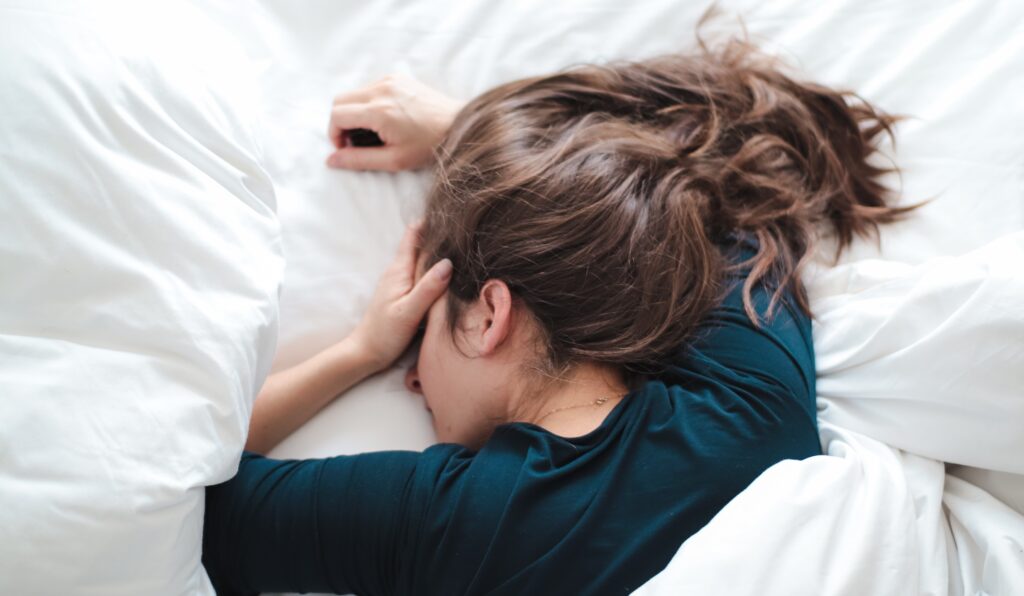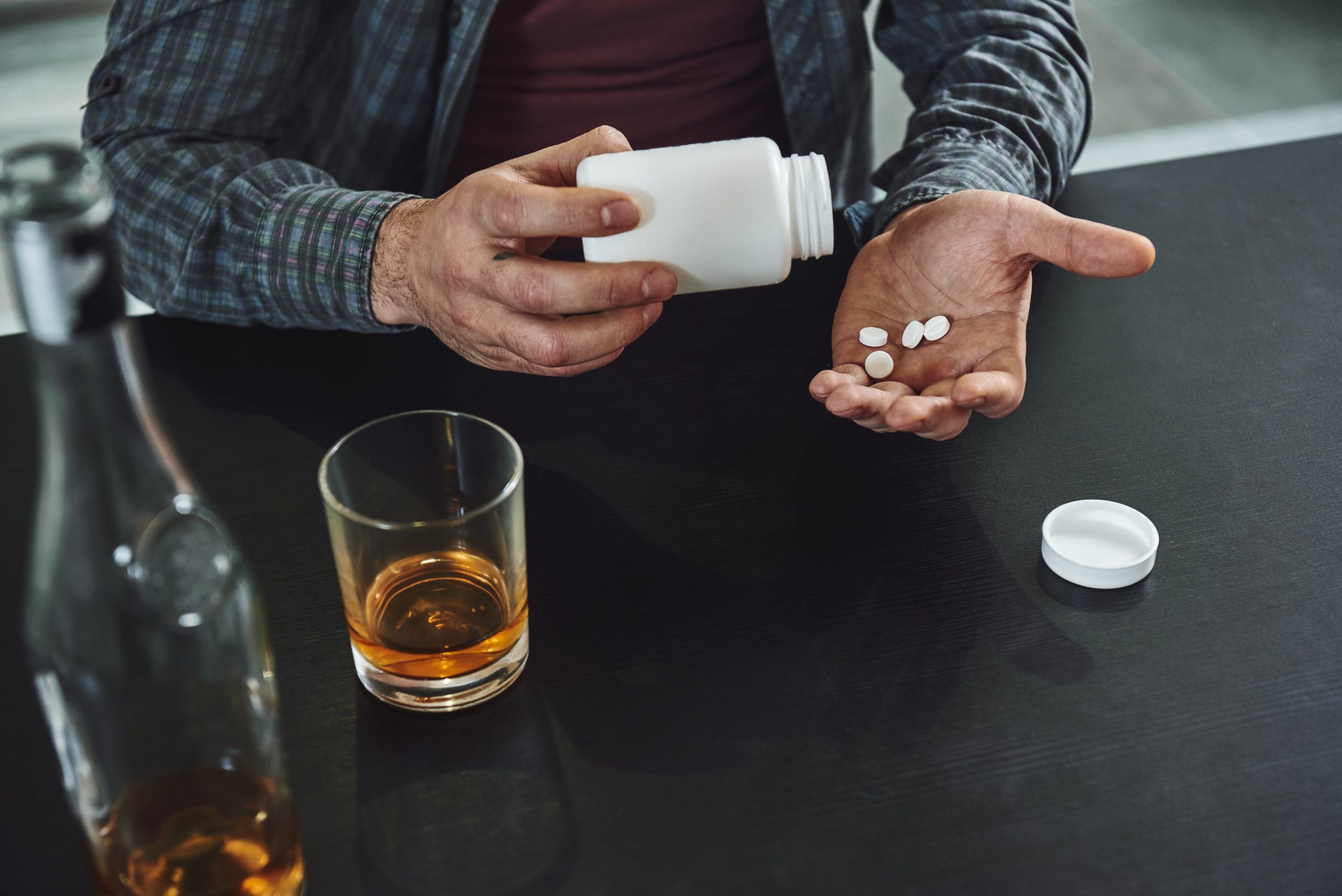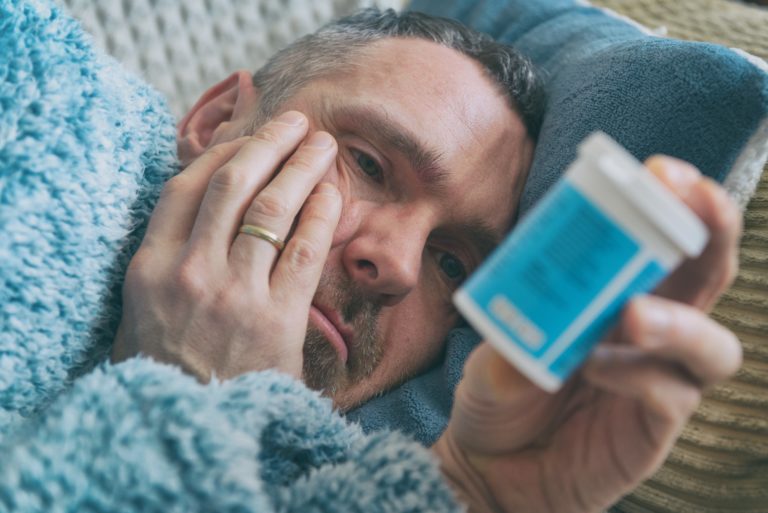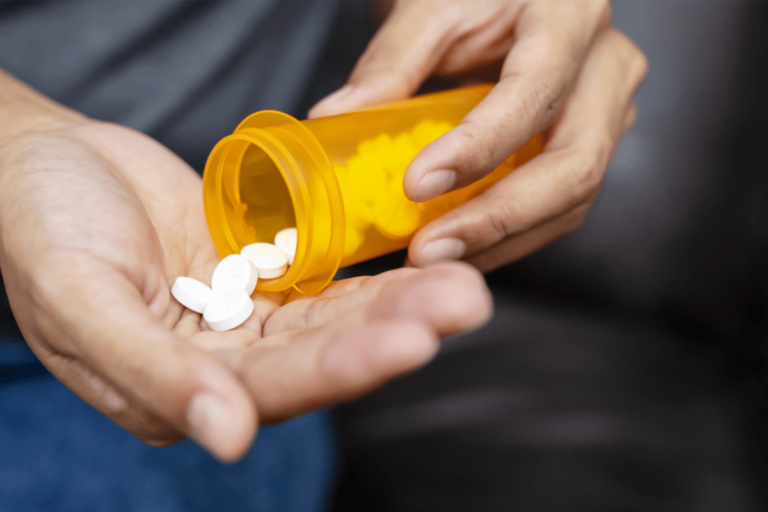Can you drink on antidepressants? Learning how antidepressants work may aid in understanding the concern when you mix alcohol with antidepressants.
Antidepressants work on an imbalance of chemicals in the brain which are causing depression. Neurotransmitters, or communicators within the brain, control chemical imbalances within the brain. Antidepressants work with the neurotransmitters to produce the best treatment for each individual depression. Alcohol can have a disturbing effect on the chemical balance the antidepressants have worked hard to achieve.
Alcohol intensifies the effects of depression, especially when depression is being treated with antidepressants. Both recreational drinking and using alcohol as a coping mechanism can have harmful effects mixed with antidepressants. Binge drinking can be extremely harmful. Alcohol causes the depression to worsen, thoughts to deepen and become more negative and suicidal ideations are likely to develop.
If you’re struggling with drinking on antidepressants, look no further. Arbor Wellness treats Dual Diagnosis Disorders and can help you today. Learn more about our admissions process or call us at 615-246-7275.
Can Drinking on Antidepressants Be Dangerous?
Depression is a life changing mental illness that can be difficult to treat. Antidepressants already cause side effects and other risks. The symptoms produced by both the depression and antidepressants can become intensified and the following problems can occur when you drink alcohol while taking antidepressants:
- Feeling more depressed and anxious. Drinking alcohol can counteract the effects of the antidepressant. This can make the depression worse.
- Risk of a dangerous reaction if you mix alcohol with MAOI’s. The combination of alcohol, foods, and MAOI antidepressants can cause a dangerous problem with blood pressure – including an extreme spike in pressure.
- Thinking and judgment can both be affected. Your motor skills could suffer, you could become very sleepy, unable to drive, coordination could be poor, and judgements could be cloudy.
- Feeling very sleepy and/or sedated. You could increase the chance of accidents or injuries.
- Tricyclic Antidepressants have a side effect of feeling very tired and uncoordinated. Drinking alcohol with these antidepressants can heighten the feelings of tiredness and make one even more uncoordinated from extreme fatigue.
- SSRI antidepressants can have a side effect of drowsiness – drinking alcohol while taking them can increase the level of drowsiness and affect thinking.
- Mixing alcohol with antidepressants can also cause a stroke and cause liver damage because of the high toxicity levels in the body.
More: Can You Overdose on Antidepressants?

What if I Stop Taking my Antidepressants when I Drink Alcohol?
It is not a clever idea to stop taking antidepressants so that you can drink alcohol. For antidepressants to work correctly they must be taken on schedule and remain at an even level in your system. This could cause your depression to worsen. There is also a danger of seizures should you stop taking antidepressants suddenly. Alcohol will worsen your depression as well. Feeling a need to drink alcohol while on antidepressants is something you need to discuss with your therapist or doctor.
Reasons Why You Should Not Drink on Antidepressants
Drinking alcohol while taking antidepressants produces a false sense of security and wellbeing. Drinking alcohol is not a healthy habit for someone who is treating their depression with antidepressants. It is not a healthy coping mechanism. People who are drinking alcohol to deal with negative emotions and a deepening depression need to seek help from a professional to resolve the causes of the underlying issues.
The possibility of developing a substance abuse disorder from drinking alcohol while taking antidepressants is highly likely. Developing a dual diagnosis will cause longer treatment and a more difficult treatment. Everything in your treatment plan can change once regular alcohol consumption is added to the equation.
Physical Symptoms from Drinking Alcohol while on Antidepressants
When you drink alcohol while taking prescribed antidepressants you could experience uncomfortable and difficult symptoms:
- Headaches
- Insomnia
- Muscle aches and joint pain
- Nausea and diarrhea
- Sexual Dysfunction
- Weight Gain
- A reduced ability to clot blood
When to Seek Treatment for Alcohol Usage while Taking Antidepressants
If depression has already been diagnosed, and antidepressants have been prescribed, you need to reach out to your medical professional to discuss the need to self-medicate further with alcohol. Alcohol makes you feel better for the moment, but long-term habitual drinking while on antidepressants can turn into a long-term problem such as dual diagnosis.
Treating depression and finding the correct antidepressant to treat the depression is a complicated process. Most antidepressants react irregularly mixed with alcohol and do not produce the chemical reactions needed to treat depression. Know you are not alone in your thinking – life is hard – treating depression is hard and it is not unusual to want to have a drink to unwind and relax. The key factor in the decision to drink alcohol is talking with your doctor to understand what is safe and when it is not okay to drink.
Contact Us If You Are Drinking on Antidepressants
We have mental health professionals who collaborate with medical professionals and are highly specialized in treating depression and other mental illnesses that may co-occur with a substance abuse disorder. If you have questions concerning your need to take off the edge by mixing alcohol with antidepressants we are here to help. Taking the first step to treat your depression has already been accomplished. Just take that extra step to reach out for help with your problem to control your alcohol consumption while taking antidepressants.

















